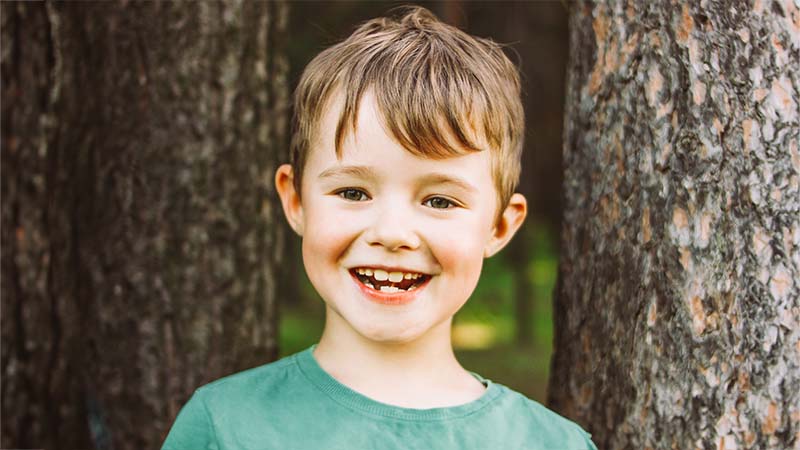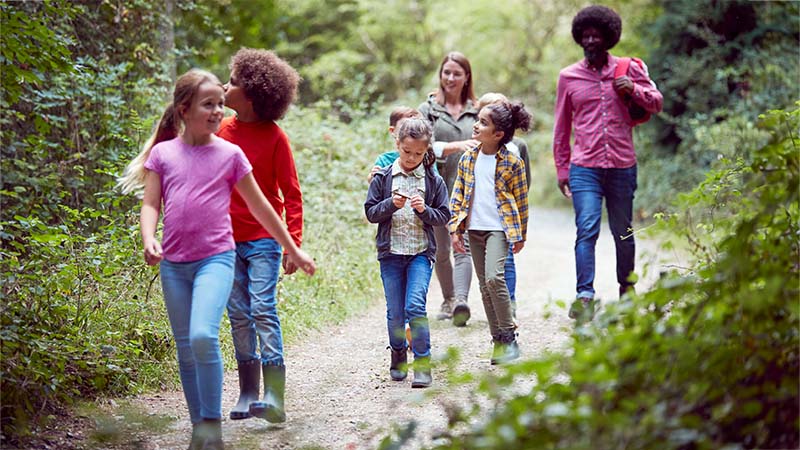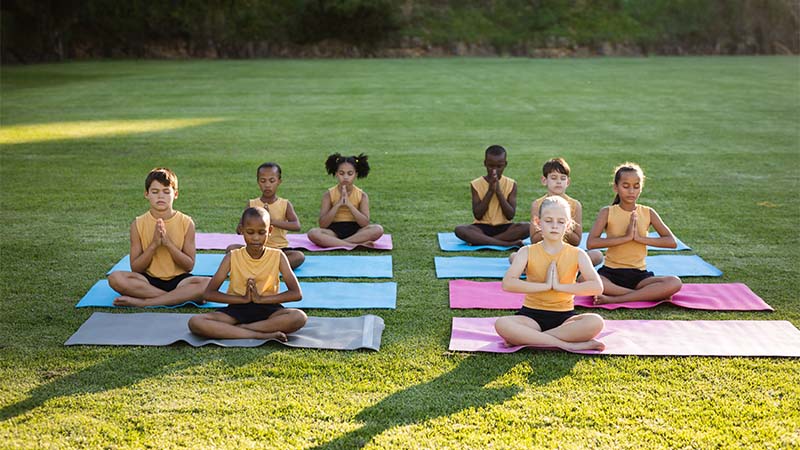Mindfulness practices are gaining popularity as essential tools for promoting mental and emotional health, especially in the formative environments of summer camps. By teaching campers how to focus on the present moment and accept their feelings without judgment, mindfulness can significantly enhance their overall camp experience. This article explores practical ways to integrate these practices into daily camp activities, helping campers build resilience, improve concentration, and foster a greater appreciation for their surroundings. The goal is to equip campers with skills that not only enrich their time at camp but also benefit them long after they return home.
Understanding Mindfulness
Mindfulness is the practice of focusing one’s awareness on the present moment while calmly acknowledging and accepting one’s feelings, thoughts, and bodily sensations. It’s a therapeutic technique that can help people manage their emotions and decrease stress and anxiety. In the context of a summer camp, mindfulness can be particularly beneficial in helping campers adapt to the fast-paced camp environment and interact more harmoniously with others. This foundational understanding sets the stage for integrating mindfulness activities that can teach campers to engage more fully with their environment and internal world without overwhelming judgment.
Benefits of Mindfulness for Campers
Introducing mindfulness at camp offers a myriad of benefits that contribute to a healthier, more balanced camp environment. Key advantages include:
- Improved Focus and Concentration: Mindfulness helps sharpen the mind, enhancing campers’ ability to focus on tasks and activities without getting easily distracted. This increased attention span is crucial both during camp activities and in educational settings.
- Enhanced Emotional Regulation: Regular mindfulness practices empower campers to better manage their emotions. This skill helps reduce conflicts and improves their interactions with peers, fostering a more peaceful camp atmosphere.
- Increased Stress Resilience: By teaching campers techniques to calmly acknowledge their thoughts and feelings, mindfulness equips them to handle stress more effectively. This resilience is especially beneficial in a camp setting, where the excitement and new experiences can sometimes be overwhelming.

These benefits collectively contribute to a more engaging and supportive camp experience, helping campers develop skills that are beneficial both in the short term and as they grow.
Mindfulness Activities for Camps
Introducing specific mindfulness activities into the camp schedule can make the practice tangible and enjoyable for campers. Here are some engaging ways to bring mindfulness to life:
Guided Meditation
- Objective: To calm the mind and center the focus, enhancing mental clarity and emotional peace.
- Instructions: Lead campers through a series of guided meditations, focusing on deep breathing and awareness of physical sensations. Begin with short sessions and gradually extend as campers become more comfortable with the practice.
- Tips for Success
- Use soothing, calm music to create a conducive atmosphere.
- Encourage campers to personalize their meditation space with small items or tokens that make them feel comfortable.
Mindful Walks
- Objective: To increase sensory awareness and promote calmness by connecting with nature.
- Instructions: Guide campers on nature walks where they focus on the experience of walking, encouraging them to observe the details of their environment without judgment.
- Tips for Success
- Have campers reflect on their senses one by one—what they see, hear, smell, and feel.
- Use regular stops to discuss observations and share feelings about the experience.

Yoga Sessions
- Objective: To integrate physical activity with mindfulness, enhancing both physical and mental wellness.
- Instructions: Incorporate simple yoga poses focused on breathing and mindful movement. Emphasize the mindfulness aspect by having campers focus on each movement and breath.
- Tips for Success
- Ensure the yoga sequences are appropriate for all fitness levels.
- Conclude sessions with a short meditation or reflection period to deepen the mindfulness experience.
These activities are designed not just to teach mindfulness but to make it a lived experience that campers can look forward to and enjoy, helping to instill habits that can last a lifetime.
Creating a Mindful Environment at Camp
To maximize the impact of mindfulness practices, it is crucial to cultivate an environment at camp that supports and reinforces these activities. Here are strategies to foster a mindful camp setting:
- Consistent Practice: Integrate mindfulness into the daily routine to help campers develop a habit. Regular short sessions can be more effective than occasional longer sessions.
- Mindful Listening: Train staff and campers in mindful listening techniques to improve communication and deepen relationships. Encourage listening with full attention and without interruption.
- Quiet Zones: Designate specific areas in the camp as quiet zones where campers can go to practice mindfulness exercises independently or simply enjoy a few moments of solitude.
Creating this supportive environment is key to embedding mindfulness deeply into the camp culture, enhancing both individual and collective well-being.
